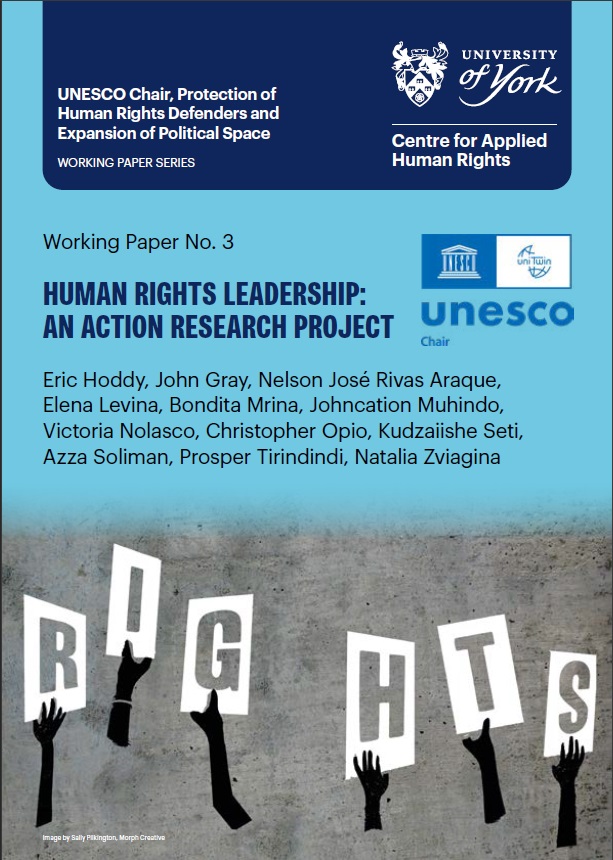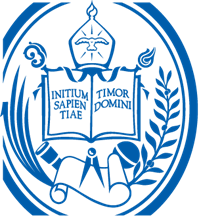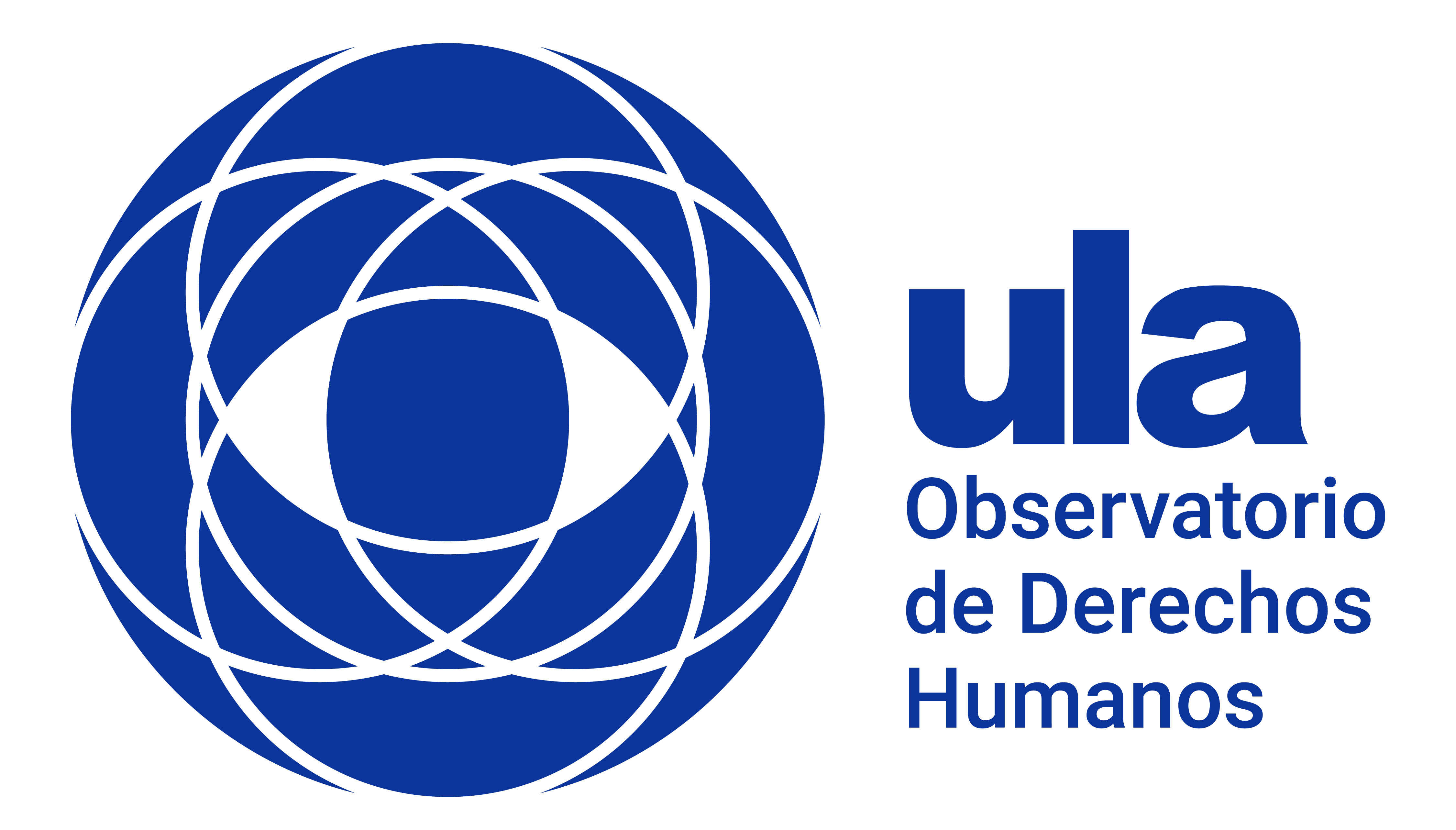
Executive summary
This working paper summarises the process and results of a one–year, OSF-funded research project on human rights leadership at the Centre for Applied Human Rights, University of York, which was undertaken between January and December 2023. This action research project worked with 20 human rights defenders to explore questions of leadership in a human rights setting and to apply emerging insights and lessons in their leadership practice. The study group was made up of defenders from different geographic regions, organisational settings, and working on a range of human rights issues, from civil and political rights to land and environmental rights. The project was driven by initial research questions seeking to understand: y How is good leadership understood in the context of challenges posed by Covid-19 and attacks on political space? y How do leadership practices contribute to wellbeing and resilience in these contexts and what positive and innovative responses are emerging? y To what extent do gender and other hierarchies enable and constrain leadership practices within human rights organisations and movements? The project’s key insights are: y Leadership is a contested topic among human rights defenders. Some defenders are comfortable to identify themselves as leaders and others less so. y Leaders are overseeing organisational adaptations in response to changing contexts that are about making individuals and organisations less of a target and mitigating risks. The main challenges to leadership and organisational functioning include weak financial resilience and limited reflective practice in organisational settings. y Gender and other hierarchies or social signifiers within the human rights movement can undermine human rights work and women’s leadership, while efforts to address this can cause backlash and intimidation from colleagues within the movement. y For most participants, the civic or operating space for defenders’ work or activism has ‘deteriorated’ or ‘significantly deteriorated’ over the past five years, with implications for their choices as leaders for themselves and for their organisations / networks. y Arising from the dialogues within the project, this report offers a provisional definition of ‘good human rights leadership’ as: multidimensional, characterised by the leading of oneself, the leading of others, leading with others and leading for others on the basis of particular values (especially dignity, fairness and equality) that are also expressed through practice.
Yet in decision making and action, human rights leaders must navigate and negotiate between different values and priorities, such as equality in decision making and protection of staff, that can be sources of tension, disagreement and conflict in teams. Good human rights leaders are attentive to the ways that social signifiers, such as gender and class, as well as organisational culture and local and wider culture may shape their leadership and relationships between people within organisations and movements. Human rights leadership is often emergent rather than planned or necessarily desired: activists can find themselves in leadership positions due to force of circumstance and without training, often having to navigate complex organisational and political contexts that are uncertain, repressive and sometimes violent. Qualities that are especially important in challenging times include resilience and adaptability.
Good human rights leadership is inherently reflective, honest, and characterised by awareness and learning. Dissemination activities and outputs decided on by the study group include: y A pilot podcast series for sharing learning to defenders outside the project. y Video interviews with defenders for sharing learning to defenders outside of the project and supporting defender visibility. y A networking platform for the exchange of knowledge and tools. Recommendations for future research and practice include: y Accommodating leadership training and development within a broader programme to develop reflective practice capacities and organisational cultures of reflection and learning. This should include practice supervision for cultivating reflective team members. y Exploring methodological and training approaches that can address leadership questions and development indirectly by means of alternative vocabularies (e.g. ‘human rights protagonists’) that provide more scope for participants to narrate who they are as human rights actors and how their practice can be supported and strengthened. y Exploring financial resilience and vulnerability and the implications for human rights leadership practice.
Authors: Eric Hoddy, John Gray, Nelson José Rivas Araque, Elena Levina, Bondita Mrina, Johncation Muhindo, Victoria Nolasco, Christopher Opio, Kudzaiishe Seti, Azza Soliman, Prosper Tirindindi, Natalia Zviagina
Official version at:


